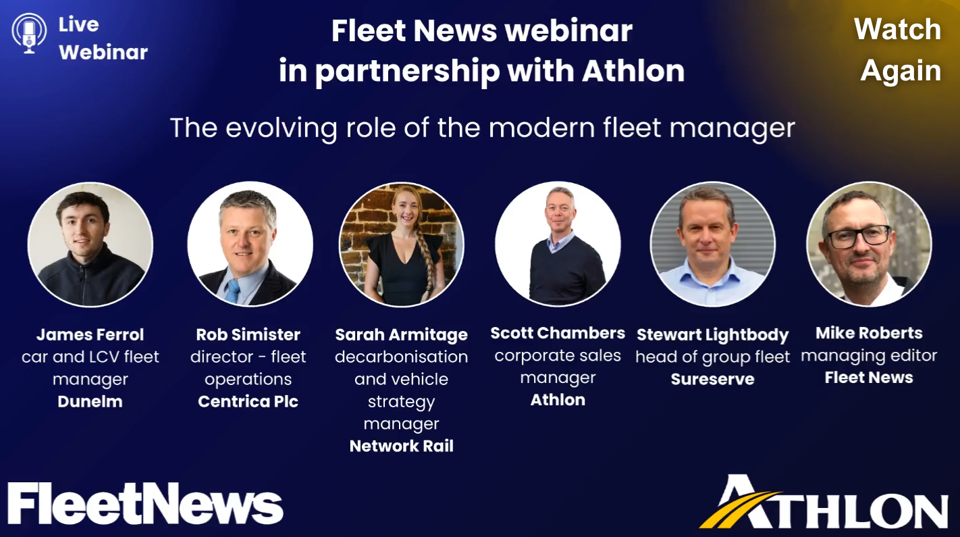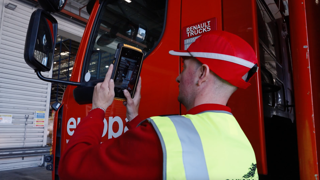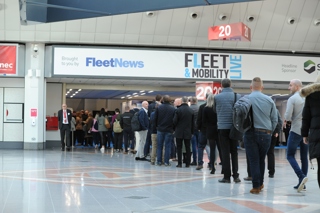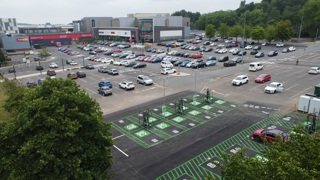The role of the modern fleet manager was the subject of discussion in a webinar hosted by Fleet News.
Mike Roberts, managing editor for B2B at Fleet News, was joined by:
- James Ferrol, car and LCV fleet manager, Dunelm.
- Rob Simister, director - fleet operations, Centrica PLC.
- Sarah Armitage, decarbonisation and vehicle strategy manager, Network Rail.
- Scott Chambers, corporate sales manager, Athlon.
- Stewart Lightbody, head of group fleet, Sureserve.
The opinions expressed by the panellists were their own and do not necessarily reflect the views or policies of their respective companies.
The full video recording of the group conversation is available here.
The panellists discussed their various routes into fleet management, before discussing how the role of a fleet manager has changed over the years.
The role of a fleet manager
It was noted that the position of fleet manager now covers a large range of roles, requiring modern fleet managers to be proficient in a variety of disciplines – from fleet itself to human resources, safety, compliance, and finance – with an expectation that a fleet manager can demonstrate a high level of competency across all of them. It was also mentioned that modern fleet managers face a high level of pressures due to key areas being frequently subject to change, such as government policy changes, regulations, and environmental or economic concerns.
The subject of data was raised, with speakers commenting on how it has become increasingly important to a fleet manager’s role.
Panellists explained that, while fleet managers now have access to vast quantities of data, significant time is required to effectively analyse it and drive actionable insights. A modern fleet manager needs to decide when the results and insights provided by data are likely to be meaningful enough to justify the time – which must also be balanced against the other responsibilities of the role.
The place of fleet in an organisation
The conversation touched on where precisely a fleet sits in an organisation.
Stewart Lightbody said: "It can be a bit of a political chess piece that people want until they realize what's involved, and then they hand it off."
“It could depend on company culture, how business-critical the fleet is or the size of the company. There’s a whole range of different scenarios,” added Scott Chambers.
“I think it also depends on the acquisition method that a particular fleet is using. Depending on if the company has a global or European presence, that might also dictate where the fleet sits.”
Panellists also touched on how the role of fleet manager can be viewed by others in an organisation.
"Other people view it as easy," said Sarah Armitage.
"You're just handing someone the keys to a vehicle and then off they go. I think, where they have less contact with fleet, I think there's probably less of an appreciation quite how much goes into it."
Fleet management as a career
The webinar explored how to attract young people to fleet management roles.
Panellists pointed out that the fleet manager role should be ideal for career recommendations as it is a great experience with the opportunity to scope and influence, and to be at the centre of a sector that is currently undergoing great change where no two days are the same.
Recognition within a business
The question was raised as to if the role of a fleet manager is generally recognised and viewed positively across the wider business. The speakers agreed that this was a complex issue with no simple answers.
Panellists explained that, while fleets exist across a lot of businesses, individuals outside the fleet do not always understand the nuances involved. The role of a fleet manager often includes building awareness of fleet across the wider business.
"I think it is quite a challenge," noted James Ferrol.
"How do you build something, but also stress the correct amount of importance to make sure that it's recognized as it should be?"
It was also pointed out that there are a lot of costs associated with fleets, so colleagues outside the department will focus on the costs involved and not always on the other aspects involved.
Stewart Lightbody commented: "I like to think that if you do a good job, add value and make people's lives easier and less difficult to engage with – then actually, I think you do get the recognition."
Final thoughts
The webinar concluded with panellists putting forward their views on what makes good fleet management. While there was general agreement that effective fleet management should be safe, compliant and cost effective, there was debate as to how visible the role should be in the wider business.






















Login to comment
Comments
No comments have been made yet.